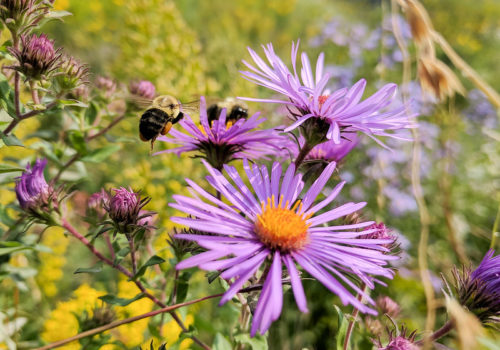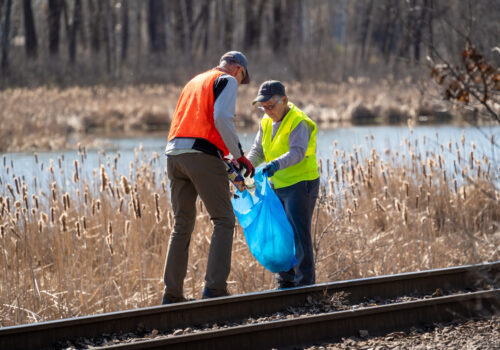News / March 28, 2016
Four Spring Cleaning Tips for Protecting Clean Water

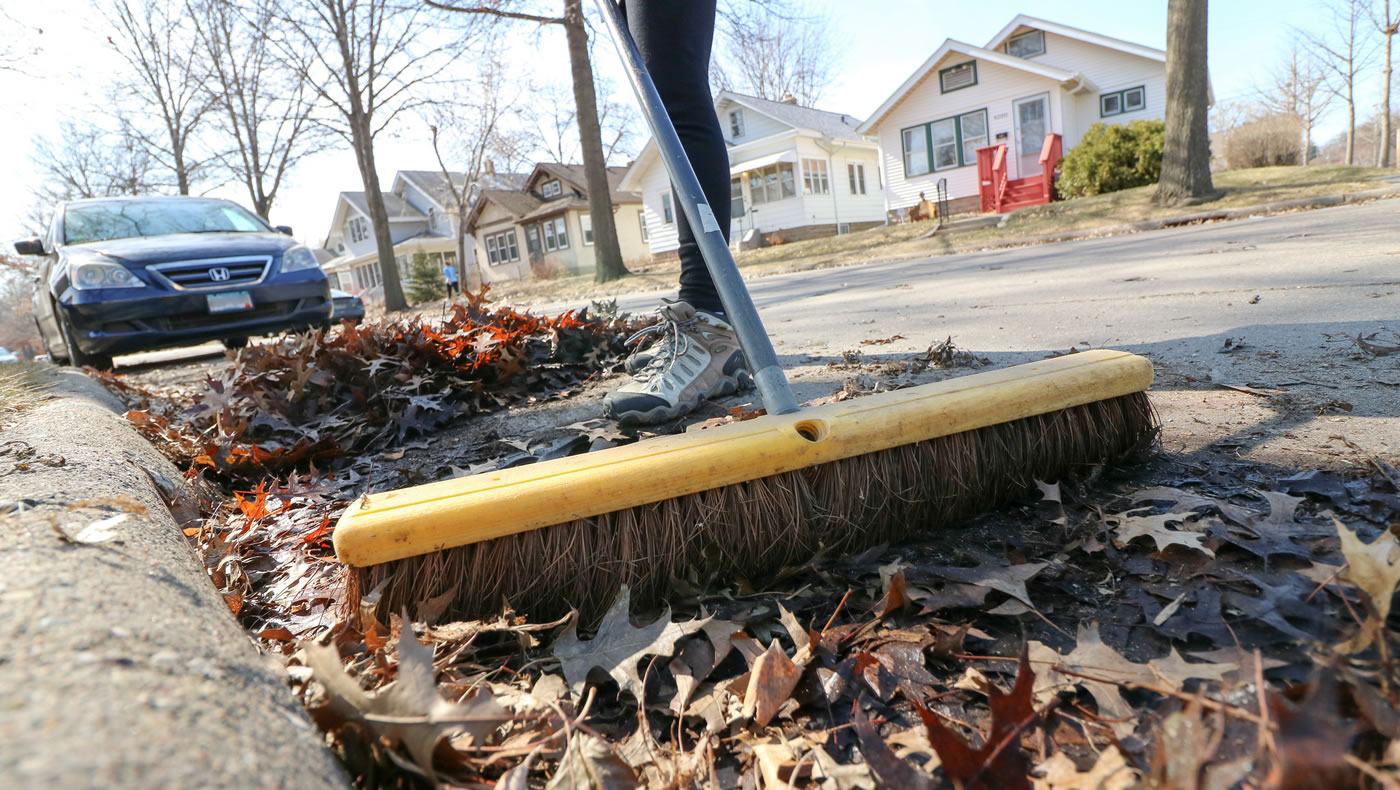
Spring may be the season for rejuvenation, but it’s also a time for dirty work. Chances are you’ll spend the first nice weekend of the year scrubbing a winter’s worth of accumulated filth from your yard, automobile and just about everything else.
Unfortunately, if you’re not careful, your spring cleaning rituals might be sending a toxic stew of pollution into your local river, lake or wetland. Instead, follow these four simple steps to stay eco-friendly this spring:
1. Wash your vehicle at a commercial car wash.
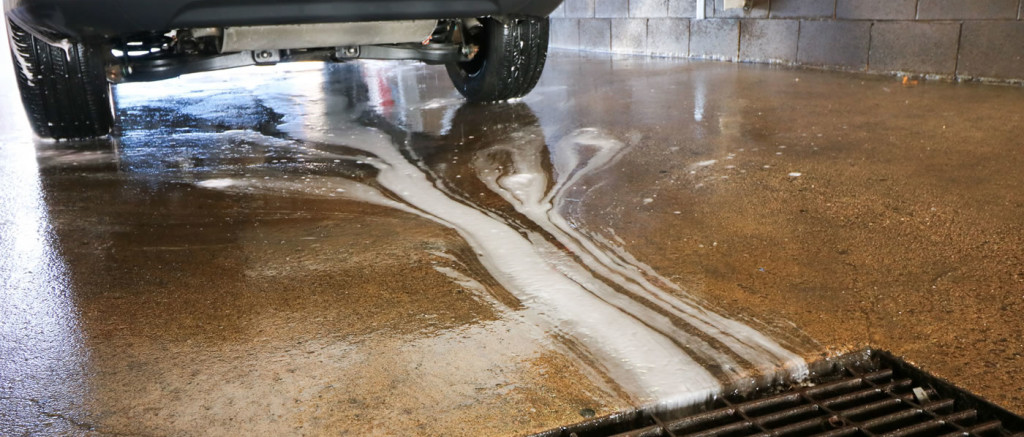
Winter leaves our vehicles caked in dirt, grime, road salt, deicing chemicals and various other pollutants. And if you wash your car in the driveway, you’re likely sending all of it into the nearest waterbody.
Think: all that soapy, dirty water dribbling down your driveway has to end up somewhere. If you see it going into a nearby storm drain, you can be sure that it’s going directly into a river, lake or wetland.
Instead of washing your car at home, take it to a car wash. Commercial car washes are required to dispose of their wastewater properly, ensuring that it’s cleaned and treated. If you must wash your car at home, try to do it in an area where the water will soak into the ground instead of run into the street. And dump your soapy bucket of water down your sink — not the storm drain.
2. Keep leaves and grass clippings out of storm drains.
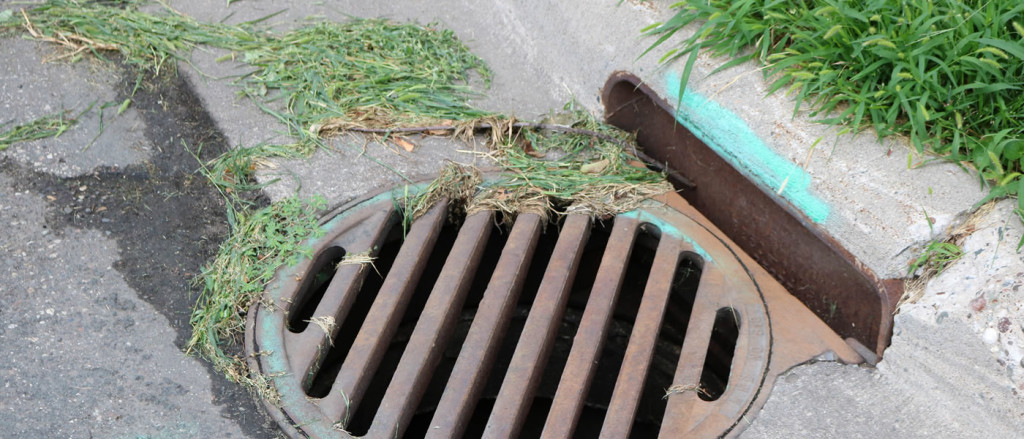
Springtime means it’s time to start doing yardwork again. That’s either a joy or a misery, depending on your point of view. But whatever you do, don’t let leaves, grass clippings and mulch find their way into the street and down the storm drains.
Yard waste is a major source of pollution in surface waters. That’s because it’s filled with phosphorous —both artificial and naturally occurring — that feeds algae. Algal blooms can cause health problems for humans and wildlife, and create some seriously unsightly and foul-smelling water bodies.
Remember: the only thing that should be going into storm drains is water from rain and melting snow. Keep your leaves, grass clippings and other yard waste out of the streets and gutters. Mulch or compost your yard waste — or dispose of it via your local curbside pickup program. (Mulched leaves can make your grass healthier, too!)
3. Clean your gutters and redirect your downspouts.
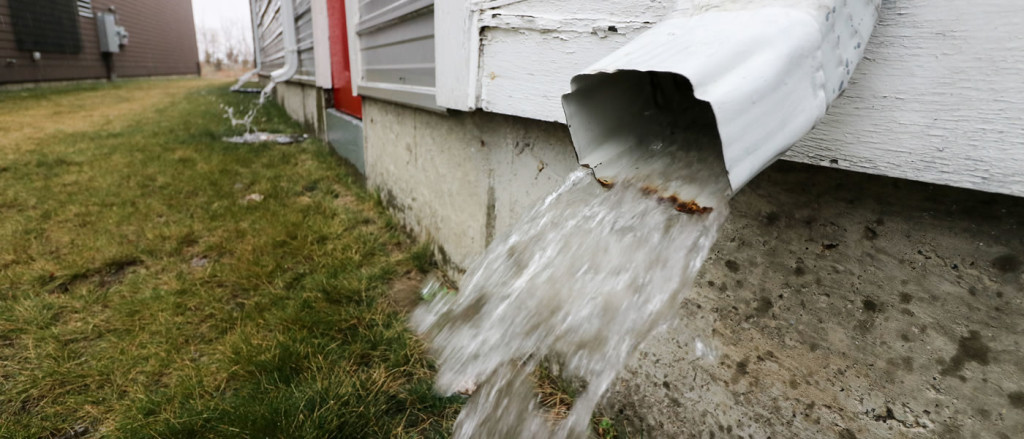
Gutters and downspouts have an important job: keeping stormwater away from the foundation of your house. What you might not realize is that they also play an important role in stormwater pollution — either contributing to it or preventing it.
Next time it rains, pay attention to where the water from your downspout goes. If it flows over your yard and into the streets, it’s most likely carrying phosphorus and other pollutants into the storm drains.
Instead, point your downspouts somewhere that will allow the stormwater to soak into the ground. If your yard has a low-lying spot that’s consistently soggy, consider building a rain garden or swale there. Downspout extensions are an inexpensive option for helping funnel stormwater to an ideal location.
Finally, gutters and downspouts won’t do much good if they’re clogged with leaves, twigs and other debris. Make sure the water ends up where it’s supposed to be by keeping them clear and properly maintained.
4. Pick up your pet’s waste — before it rains.

Every time it rains, the Mississippi River is flooded with harmful bacteria like e. Coli. Believe it or not, a good portion of this bacteria comes from pet waste sitting on our lawns.
In the initial minutes of a rainstorm, the stormwater washes bacteria from pet waste off our lawns, into the streets and down the storm drains. From there, it travels untreated through the stormpipes and empties out into a nearby waterbody.
The only way to avoid this is to pick up your pet’s waste early and often. Be especially vigilant when there’s rain in the forecast. Remember: anything you don’t clean up will end up in the storm drains. Dispose of your pet’s waste in the garbage or according to your local ordinances.
